The exchange program taking place in Milan (Italy) and Lyon (France) offers young history enthusiasts the opportunity to delve deep into the historical events that shaped our modern world, providing an immersive experience in cities that had a very strong experience in terms of Resistance movements.
Participants will engage in a variety of creative projects, including video production, podcast creation, and historical storytelling, enabling them to explore and express the human stories behind the conflict.
As the exchange traverses the landscapes where pivotal battles were fought, participants will gain invaluable insights into the war’s legacy. This program isn’t just about learning history; it’s about bringing it to life through modern media. As a participant, you’ll work collaboratively with fellow participants, sharing perspectives and improving your skills in storytelling and digital media.
Whether you’re interviewing locals with personal stories to tell, capturing the essence of historical sites on film, or recording narratives and interviewing people for a podcast, you’ll contribute to preserving these vital memories for future generations. Join us in this educational adventure, and be a part of a living history that continues to resonate today.
The city of Milan on April 25, 1945, was liberated thanks to the effort of the partisan Resistance from the Germans occupation. The 80th anniversary of the Liberation in 2025 is a very important milestone to remember facts and events and to celebrate the fundamental values of freedom, peace and democracy.
The exchange program will attend commemorations, ceremonies and educational programs, dedicated to the strategic importance of the partisans, the roles of the civilians in the war of liberation from Nazi-fascism.
During the morning the participant will visit the House of Remembrance, that hosts the associations and documents that preserve the memory of 20th century. They will have the possibility to visit the archives of the Istituto Nazionale Ferruccio Parri and the headquarters of two very important veterans’ associations (such as ANPI, National Association of Italian Partisans and ANED, National Association of Italian political deportees from Nazi concentration camps) and will have time to conduct their own research and to interview stakeholders and experts.
In the afternoon they will visit Binario 21 – Shoah Memorial the most important centre on the remembrance of the Shoah in Milan, located at the back of Milan’s Central Station. In the period between 1943 and 1945, during the Nazi occupation and the Italian Social Republic, numerous convoys of Jewish people departed from here, destined for the Nazi concentration and extermination camps, mainly Auschwitz-Birkenau. There will be the possibility to have a guided tour of the Memorial and to record podcasts and videos to reflect on the importance of remembrance and knowledge transmission.
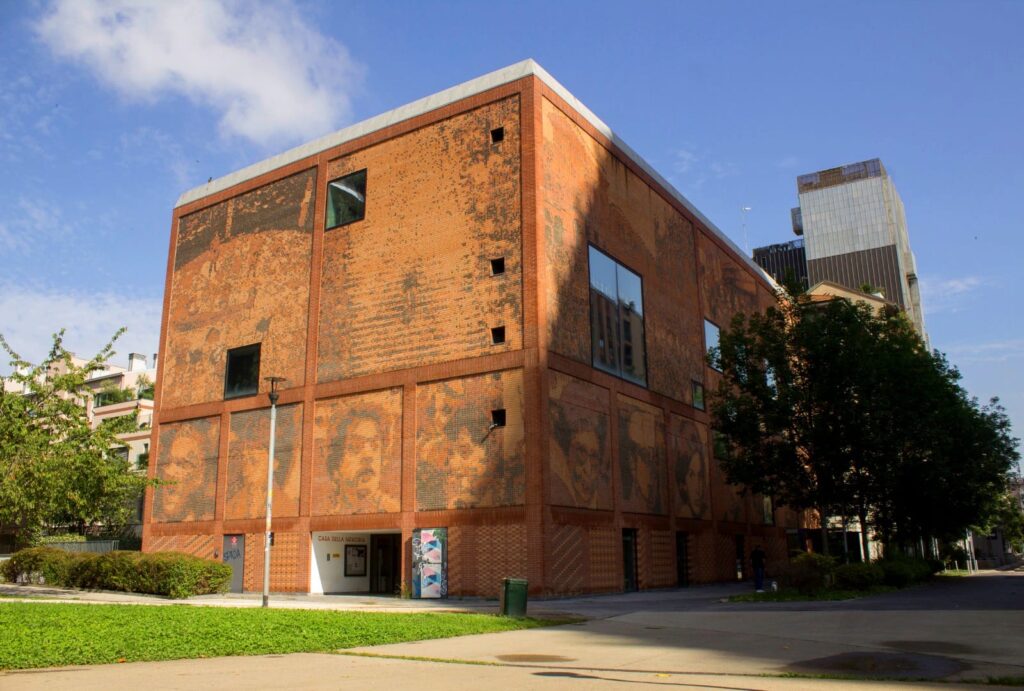
On day two, a visit of the city of Milan is planned. The participant will have the possibility to discover the key locations of WWII in Milan by visiting the city’s many monuments and battlegrounds. They will discover, for example, La Loggia dei Mercanti, a symbol of the Milanese Resistance, where the 19 plaques with the 1739 names of the fallen partisans are displayed; Piazzale Loreto, where the partisans brought the corpses of Mussolini and the fascist hierarchs murdered at Dongo on 29 April 1945;the commemorative plaque of the Albergo Regina that, during the occupation, was the power centre of Germans in Milan and became the main place of detention for partisans, Jews and civilians suspected of actively collaborating with the Resistance. For the Milanese, it became infamously known as ‘Hotel Gestapo’ and many more.
During the tour the participant will learn about how was living in Milan during the occupation period. What was the role of the partisans and the civilians. Why the deportation to concentration camp is so important for the city. What was the role of the Italian fascists during the occupation and many other subjects. There will be the possibility to create podcasts and videos.
After lunch the participants will gather in a plenary session with historians and facilitators, that will be focused on organizing the material collected during the stay in Milan and talk about what they are going to see in Lyon.
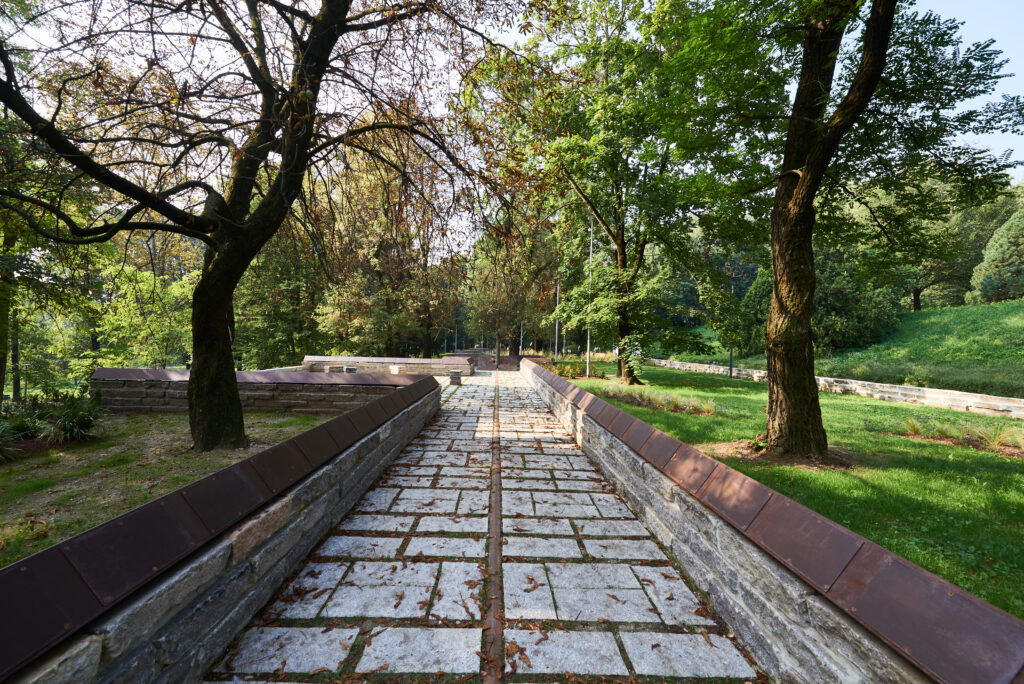
On day three, the exchange will move to Lyon (France).
After travelling from Milan to Lyon, the exchange will start in the afternoon with a walk around major resistance places in Lyon. With a guide, the participants will discover the history of Lyon during WW2 and especially the history of important figures such as Jean Moulin.
They will discover for example Caluire where Jean Moulin was arrested, the district of La Croix Rousse where resistants used to meet and of course the participants will pass through the famous “traboules”, pedestrian passageways through courtyards of buildings that goes from one street to another. Traboules were used by the Resistance networks of Lyon to meet and hide, out of side of the Gestapo which even after years of Occupation had difficulty finding their way through the traboules.
This walk will offer a unique insight into the capital of Resistance and will allow participants to gather new knowledge to enhance what they’ve learned in Milan and get more material to create historical content for example.
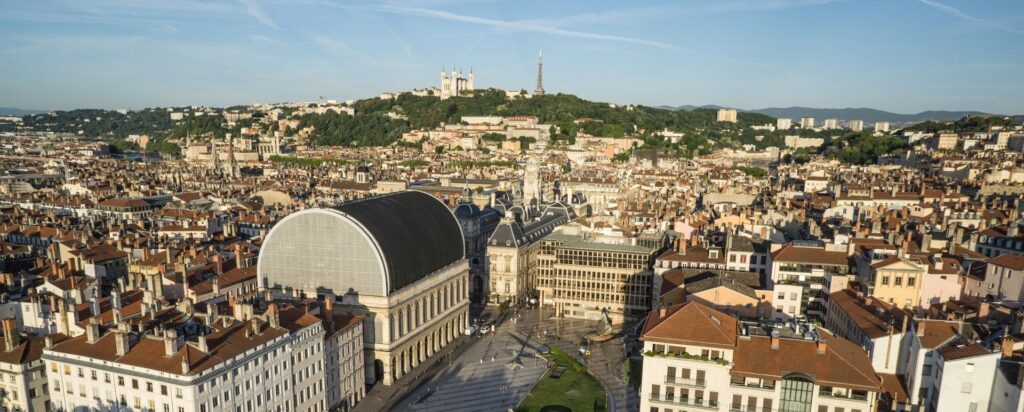
This day will be dedicated to the visit of two major remembrance sites.
This day will be dedicated to the visit of the Resistance and Deportation History Center.
In the morning, participants will have a guided tour of the Center. The Resistance and Deportation History Center is housed in the former military Health College, in the very building used by the Head of the Gestapo in Lyon. Through the permanent exhibition which show archives and collections from 1939 to 1944 the participants will understand the variety of situations in France during the WW2, especially in Lyon. The exhibition is focused on the archive materials and show a lot of testimonies of resistants and deportees which could give good material for the participants to create videos or podcast recorded in the Center. This visit will enhance their knowledge on how the Resistance networks and figures in Lyon shape the end of the War in France. The center also displays exclusive archives from Klaus Barbie’s trial. This will give the participants a view on how important this moment was for the remembrance of the Occupation years in Lyon.
At the end of the visit, participants will have the unique opportunity to meet and engage with a witness who was a child in 1944 and has been hidden in Lyon at the age of ten before the liberation of the city. This testimony will allow a unique reflection on the events that occured in Lyon at tha time and will provide insighful informations to the participants to create materials.
In the afternoon, the participants will have the opportunity to stay in the Resistance and Deportation Center and to gather in a room to create materials from their experience and put a conclusion to the whole exchange.
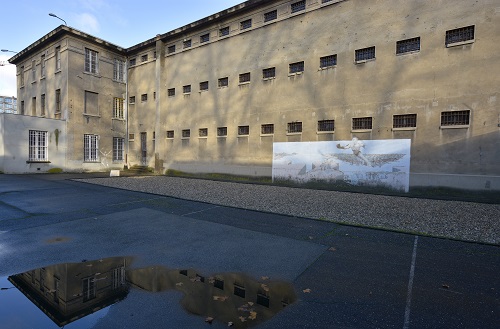
Departure from Lyon to country of origin.
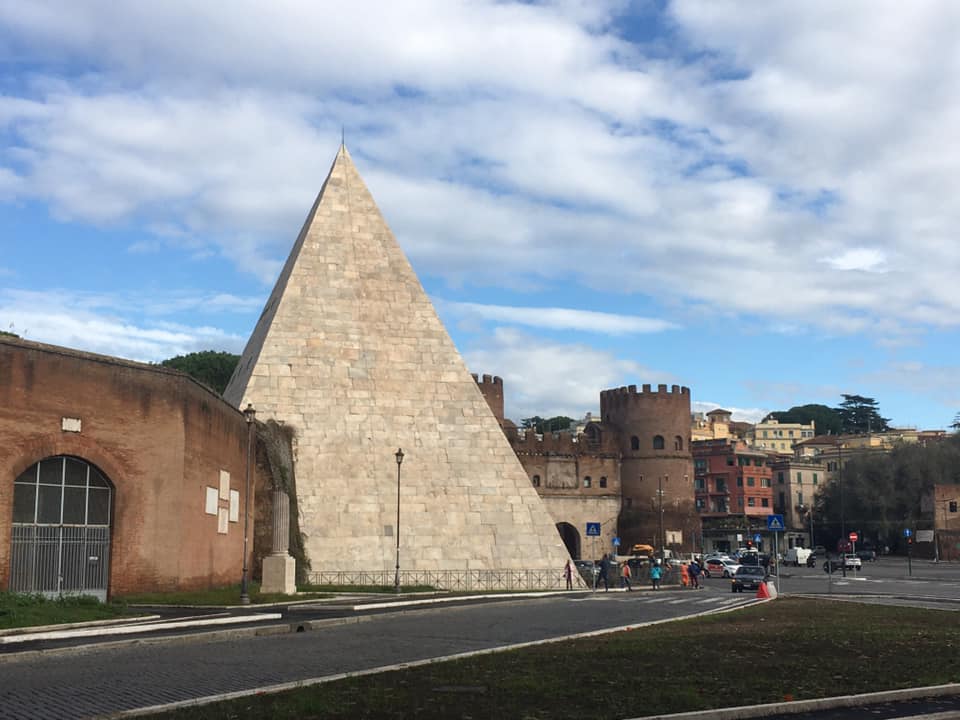
Sign up and join one of the exchange trips across Europe to keep the history of the Second World War alive!
© LRE Foundation - 2026